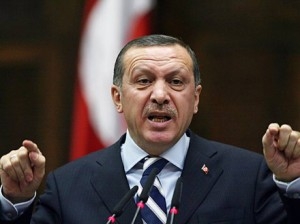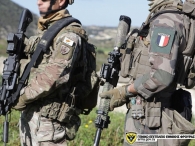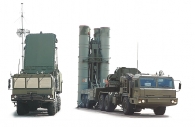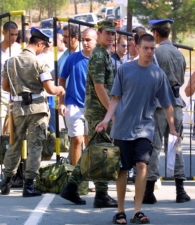Turkey referendum: Everything you need to know about president Erdogan's bid for more power
By Raf Sanchez
On April 16, Turkish voters will head to the polls in a controversial referendum that could vastly expand the powers of President Recep Tayyip Erdoğan. Here’s what you need to know:
What is this referendum deciding?
Turkey currently has a parliamentary-based political system, where the prime minister is the head of the government and the head of state but has limited political powers.
Mr Erdoğan is proposing changing the constitution so that Turkey will have an executive presidency, meaning that the president becomes the head of the government and the role of prime minister is scrapped.
Why would the new system look like?
If Mr Erdoğan’s plan is accepted at the referendum the presidency will go from being a largely ceremonial role to an extremely powerful position at the top of government.
The president would become the leader of the country’s government and would appoint all cabinet ministers. They would also get the power to appoint two-thirds of the country’s senior judges.
A No campaign rally in Istanbul CREDIT: CHRIS MCGRATH/GETTY IMAGES
They could pass some laws by decree and would have the power on their own to dismiss parliament and to declare a state of emergency.
Parliament would lose some of its powers, including its ability to summon cabinet ministers to appear before its committees.
What’s the argument in favour of the changes?
Mr Erdoğan argues that Turkey’s parliamentary system often leads to weak coalition governments that are not able to make big decision.
He says that the new system would make Turkey’s government stronger and more decisive and better able to defend the country against external threats like terrorism and internal threats like the Kurdish insurgency and coup plots.
He points out that the system he is proposing is similar to the US and France, which both have executive presidents.
A street artist performing in front of a giant picture of Turkish President Recep Tayyip Erdogan reading, 'Vote Yes, only public can speak and make decision' CREDIT: EPA/SEDAT SUNA
What do the critics say?
They argue that the new system puts too much power in the president’s hands and doesn’t have the democratic checks and balances needed to contain the presidency.
Opponents worry that the new system will lead to authoritarianism as the president will have a lot of power over both the judiciary and the legislature.
They also worry about Mr Erdoğan personally. Under the new system he could potentially stay in office until 2029. Given that he first became prime minister in 2003 that would allow him to lead Turkey for 26 years.
Who is supporting Yes and who is supporting No?
Mr Erdoğan and his conservative AKP party are championing a Yes vote. They are supported by the leadership of MHP, a small ultra-nationalist party.
The No campaign is being led by the secular Republican People’s Party, which is the official opposition and was once Turkey’s dominant political party.
The Kurdish-rooted HDP party is also backing a No vote along with a splinter group of ultra-nationalists from the MHP and a broad range of Leftist groups.
Will the votes be counted fairly?
Most analysts think so.
While Mr Erdoğan has launched a political crackdown since the failed coup last year, which has involved sacking civil servants and academics, jailing journalists and opposition leaders and strengthening his control of the media.
All of this has made it much harder for No campaigners to do their work and they say they are facing a campaign of intimidation and harassment.
But for all that, both No campaigners and independent analysts say they still think the votes will be counted fairly and doubt that the government would attempt large-scale vote rigging.
What do the polls say about the referendum?
It’s really close.
Pollsters have been reluctant to publish their findings because they say there are too many undecided voters for an accurate result. But both sides agree that they are close among those who have made up their minds.
When will we get the results?
Probably by midnight local time on Sunday, April 16 (9pm UK time).
-
From The Daily Telegraph, 31 MARCH 2017





